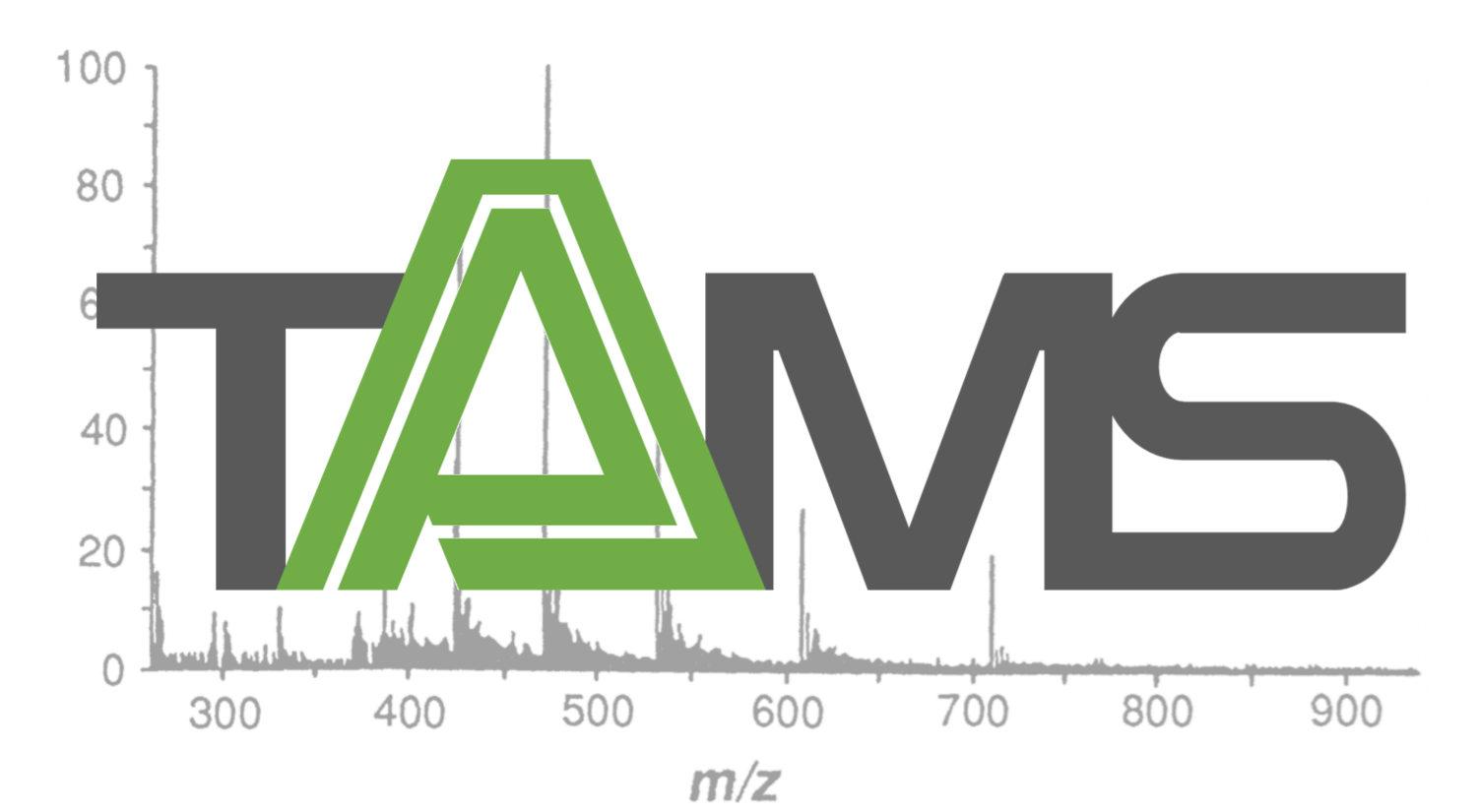Plenary Lecture:
"Proteome Centric Precision Medicine: Understanding Pathological Diversity"
Professor Jenny Van Eyk, Cedars-Sinai, Los Angeles, California
Precision medicine requires success in two intertwined aspects: precision therapy and personalized medicine. Precision therapy is being able to effectively treat the right disease; to have therapies that target for the correct pathological pathways. Personalized medicine requires diagnosing a specific individual’s disease based on accurate assessment their complex health and pathological status. Our underlying premise is that an individual’s baseline proteome reflects their past and present and thus, will dictate their future health and disease. Thus, the crux of precision medicine will be the identification and precise quantification of proteins and their modified forms. We will present data to support the notion that an individual’s baseline proteome dictates the manifestation of their disease, its progression and their response to therapy. This has driven decision making around new drug trials that take into account altered pathological proteomes. Furthermore, this work has led us to consider the need for continuous patent-centric health screening at the population level. We will share our work on developing technical pipelines for health screening that reduces the barriers around sex, age and social economic status. This will/has required development of microsampling device, point of service devices, pathways for client data return and specific clinical grade assays. We have begun down this path with production of system suitability and quality control measures, assays and volumetric sampling device and will discuss the remaining challenges involved and requirement.
Student Lecture:
"Defining the Mannitol Dehydrogenase (MTD) Interactome during Unconventional Protein Secretion"
Tricia Ho, Laboratory of Professor Mike Goshe, N.C. State University, Department of Molecular and Structural Biochemistry
Although Golgi-dependent secretion was long believed to be the sole protein secretory pathway in cells, more recently, unconventional, non-Golgi secretion has been confirmed to occur in both animals and plants. Specific mechanisms involved, however, have yet to be completely elucidated. We used Arabidopsis thaliana (2W1) transformed to express a celery mannitol dehydrogenase (MTD), a protein known to be secreted by unconventional/leaderless means, to identify the components of its secretory interactome/complex. Using in vivo formaldehyde crosslinking to preserve protein interactions triggered by the endogenous pathogenesis response signal salicylic acid (SA), we “captured” the MTD-interacting complex using co-immunoprecipitation and identified potential proteins involved in secretion via quantitative LC/MS/MS. After eliminating false positives, approximately 30 protein candidates remained that were not only crosslinked to MTD, but also displayed significant fold change increases/decreases between treated/untreated cells. Many of these proteins (e.g. chaperonins, AAA-ATPases and their regulators, proteases and at least 2 kinases) have been implicated in various pathways of trafficking, including exocytosis and autophagy.
